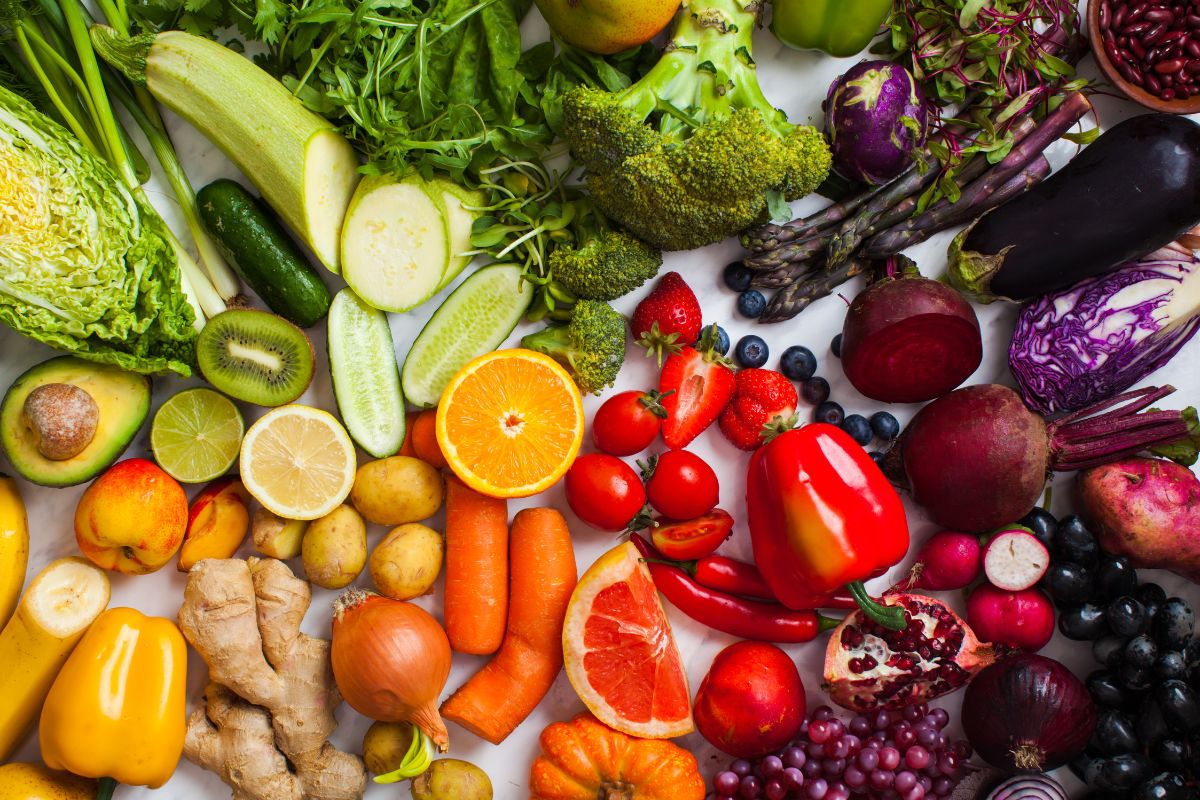Providing A Fresh Produce Perspective of the Grocery Code of Conduct
As the Commerce Commission’s recommendations to improve competition in the supermarket sector begin to be implemented, options for a mandatory Grocery Code of Conduct have been developed by MBIE for consultation.
The MBIE consultation paper has been drawn up with input from an advisory group that includes representatives of the major supermarkets, the Food and Grocery Council, and Consumer New Zealand, along with Dr Hans Maurer, Chair of the United Fresh Technical Advisory Group (TAG), and the New Zealand Director for the International Federation for Produce Standards.
Representing the interests of the domestic fresh produce value chain in this role, Dr Maurer says he was pleased to be able to share a unique perspective with the advisory group.
“Whatever the final details of the mandatory Grocery Code of Conduct, it’s certain that there will be more oversight for all transactions. For fruit and vegetable growers, wholesalers and retailers, this represents a significant change from the status quo. It’s important to have our voices heard in the early stages of the discussion,” said Dr Maurer.

Dr Hans Maurer presenting on the Commerce Commission Update at UF Webinar
Dr Maurer notes that the fresh produce industry in New Zealand already includes a commercially viable independent wholesale sector, offering choice for growers and retailers alike, functioning on a competitive basis.
"New Zealand’s produce value chain that reaches from growers into supermarkets differs from its UK and Australian counterparts. We can learn from the UK mandatory code and the Australian voluntary code, but our Code needs to reflect New Zealand realities – and fresh produce is just a part of this wider product range.”
Dr Maurer questions how the Code will be enforced and how disputes will be resolved.
“The Code will be mandatory but a mechanism to enforce it has not been announced,” he said. These matters will become more obvious once MBIE has settled on the Consultation Paper option it wishes to pursue.
“In Australia, a mandatory Horticulture Code in place since 2006 has resulted in the development of Fresh Produce Market Standards, the ‘FreshSpecs Produce Specifications’, which provide both growers and wholesalers with a set of measurable, industry-specific, concise metrics that underpin product related dispute resolution.
“New Zealand growers and suppliers will have to operate under a new mandatory broader supermarket Code, based on formal supply agreements and retailer quality specifications. Clear industry standards or specifications for each fruit or vegetable category are not mandatory in New Zealand and therefore do not exist as a matter of course,” said Dr Maurer.
The development of a similar quality measurement such as the Australian ‘FreshSpecs’ produce specifications would represent a significant body of work.
“Standards would need to be developed for every category of fruit and vegetables in consultation with all levels of the industry. It would be a huge undertaking, but it’s a path we may yet need to go down,” said Dr Maurer
Dispute resolution within the fresh produce sector is also very different to other grocery categories due to the perishability and time-sensitivity of the product.
“A shipment of apples isn’t going to be stored away by the retailer while an issue is raised under the Code of Conduct. While produce suppliers and retailers already have mechanisms in place to manage situations like this – it’s not clear how the Code will impact upon established systems,” he said.
Unlike Australia and the UK, Dr Maurer says the New Zealand Code will also recognise the role of tangata whenua and consider aspirations for Māori economic development.
The role that fresh produce plays in health and wellbeing is also critical, noted Dr Maurer.
“While fruit and vegetables might play the biggest part in diet-related health, they typically represent 10 -12 percent of supermarket turnover on average. We’re therefore pleased to have a place in this important conversation from the very start.”
“New Zealand’s growers, suppliers and retailers provide essential nutrition to whānau around the country every day. We want to continue to do that as efficiently and as sustainably as possible,” he said.
United Fresh supplied this article, you can also find it in the August edition of Supermarket News.







